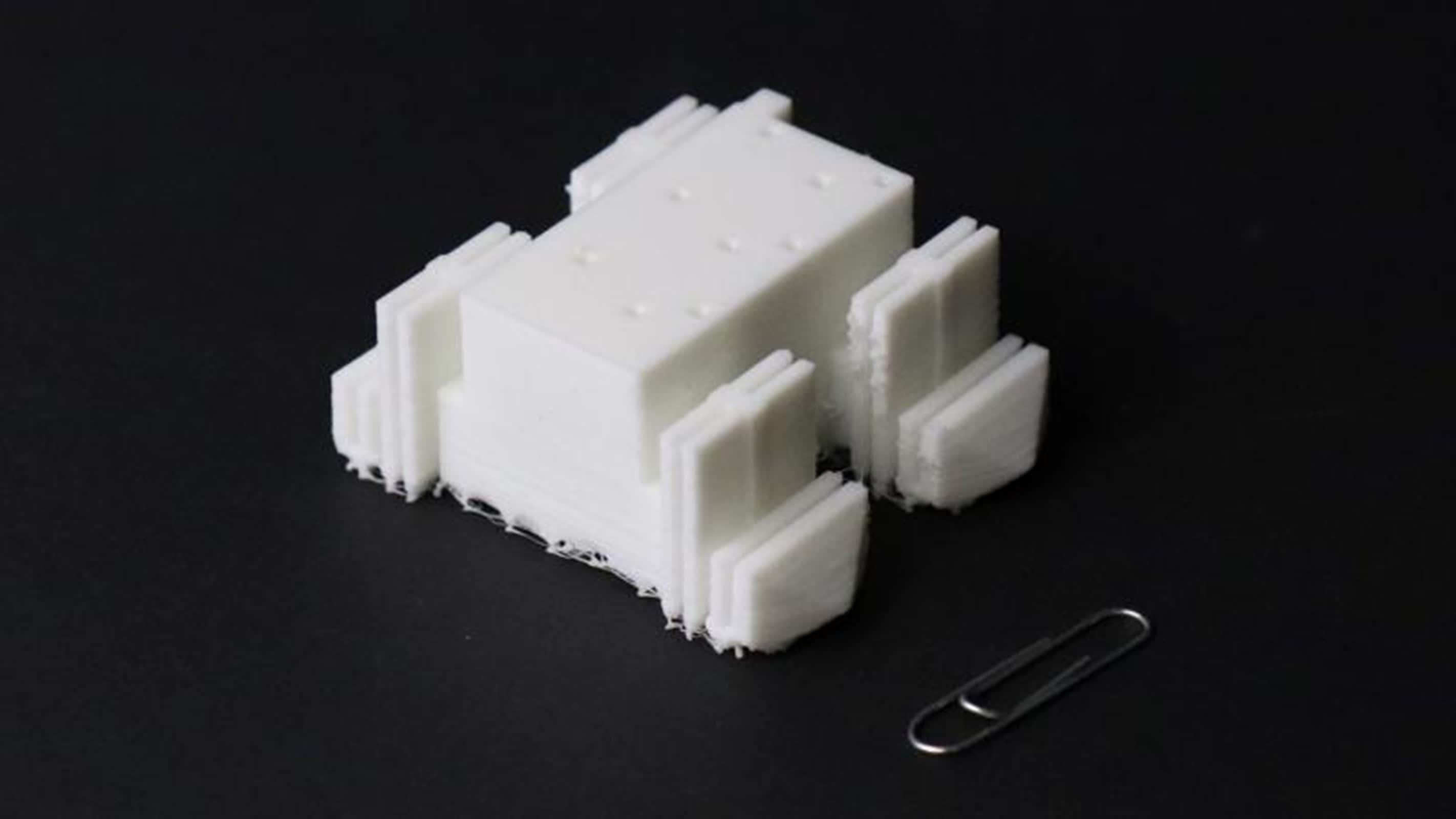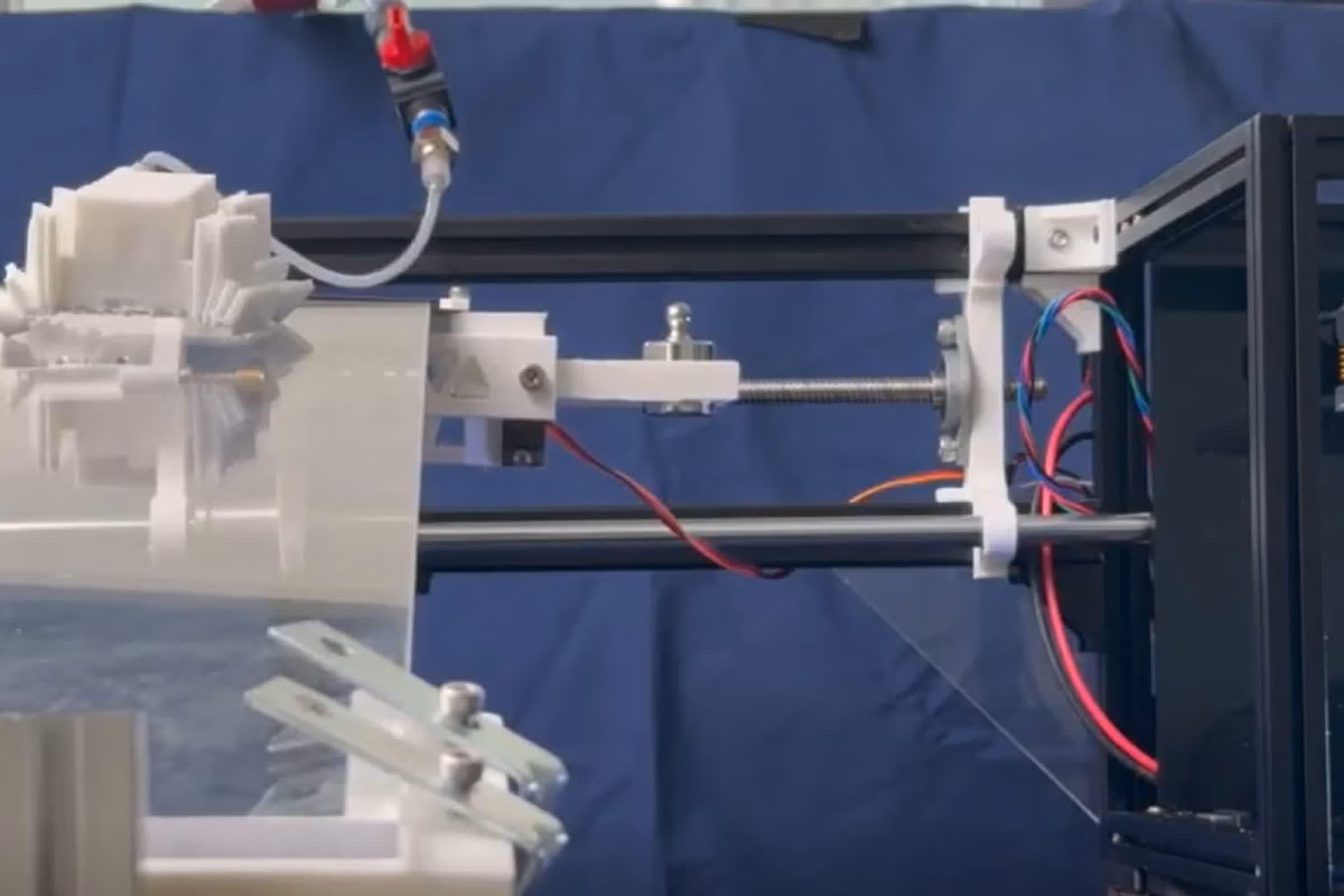What just happened? A team of engineers at the University of Edinburgh has unveiled a new chapter in robotics: soft, four-legged robots that can walk off a 3D printer as soon as they're made. This innovation, powered by a desktop machine called the Flex Printer, could make advanced robotics accessible to a much wider audience and spark fresh advances in fields from medicine to nuclear safety.
Unlike traditional robots built from rigid materials and packed with electronics, these new devices are crafted entirely from soft plastic and move using compressed air. The absence of electronics not only simplifies the design but also makes the robots safer and more reliable, especially in environments where electronic failure or interference could be hazardous.
The Flex Printer itself is at the heart of this breakthrough. The system can be built for under £400 ($539) using off-the-shelf parts, and its user-friendly design means that even beginners can assemble and operate it within just a few days.
Once a robot is printed, simply connect it to a compressed air supply, and it's ready to walk – no further assembly required.
Soft robotics, which uses pliable materials such as silicone and soft plastics, is seen as a promising technology for applications where traditional robots fall short. Their flexibility enables them to safely interact with humans, navigate through tight or hazardous spaces, and adapt to complex tasks. This makes them ideal for roles in nuclear decommissioning, minimally invasive surgery, rehabilitation, and even space exploration.
Until now, the field has been hampered by high costs, specialized expertise, and a lack of standardized manufacturing methods. The Edinburgh team's approach is designed to overcome these hurdles. By making the Flex Printer's blueprints and software freely available, they hope to democratize access to soft robotics. "It used to take years to figure out how to print using these materials," said lead engineer Maks Gepner. "Using our new platform, anyone can now easily print things that were previously thought to be impossible."
The project, led by Gepner and fellow researcher Jonah Mack under the guidance of Professor Adam A. Stokes, is part of a broader movement to open up robotics research. Their work, published in the journal Device, is funded by the Engineering and Physical Sciences Research Council.
Interest in soft robotics is growing rapidly, with research teams worldwide exploring robots that can change shape, sense their environment, or mimic the gentle touch of biological organisms. The Edinburgh team's focus on affordability and ease of use sets their project apart, potentially making advanced robotics available to schools, hobbyists, and researchers with limited resources.


